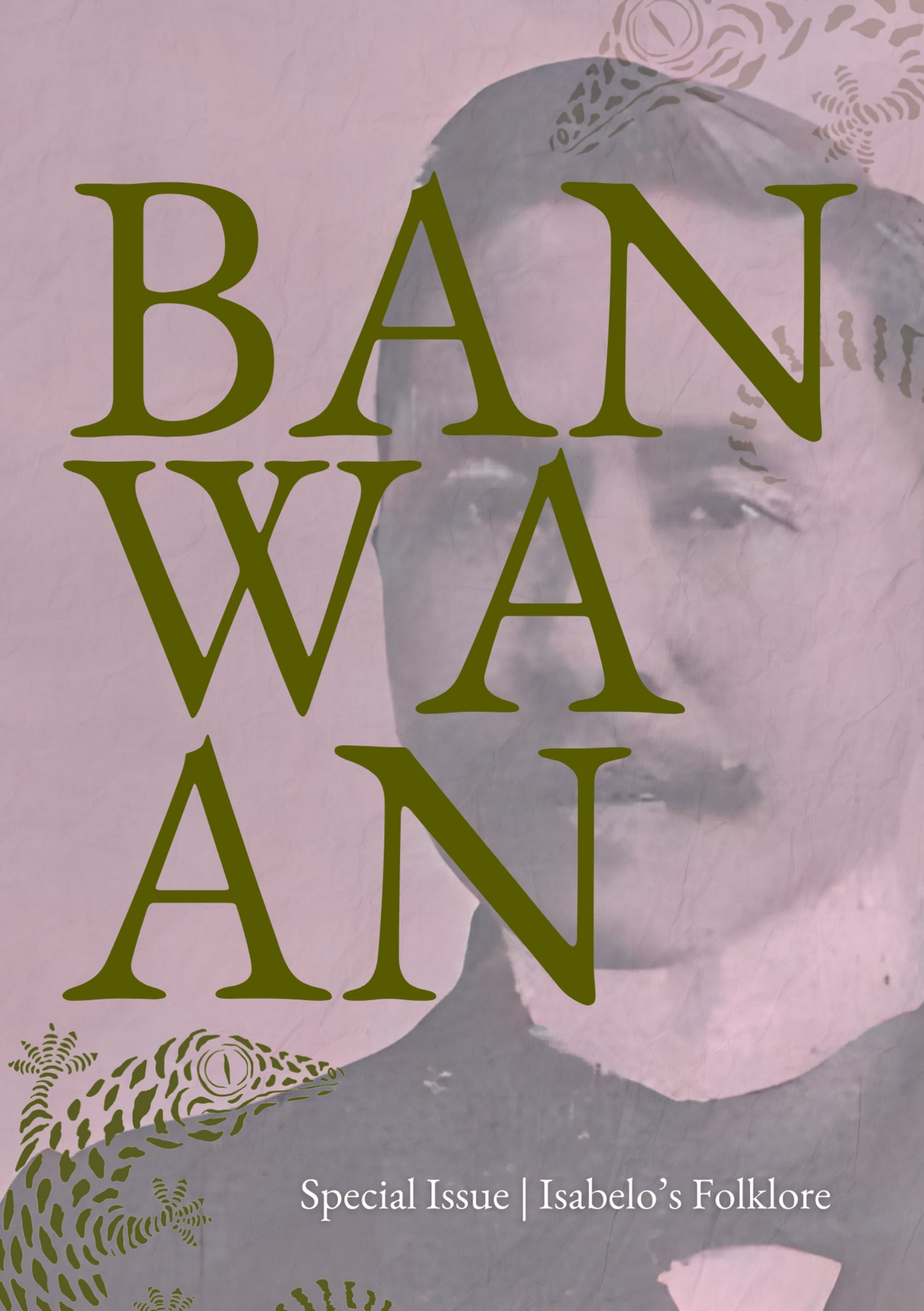Is Sungka a Wargame? An Investigation into Conflict and Strategy within Pre-Colonial Philippine Ludic Culture
Abstract
This paper intends to analyze the Philippine folk game known as sungka
within the context of an indigenous culture of conflict encountered by the
Spaniards in the 16th century. It explores parallelisms between a unique
Philippine discourse on war and the game’s ludic dimension, primarily
focused on its in-game lexicon and its rules of play. The paper argues that
sungka reflected—if not reinforced—specific attitudes and approaches
towards competitive activities, including conflict, due to several unique
elements of the game: a) a focus on resource acquisition and circulation,
b) relatively weak spatial considerations, and c) an ability to reverse prior
setbacks in what is usually a drawn-out competition between two
individuals. A correlation thus seems to exist between the strategic
thinking extant in sungka and the indigenous methods of waging war.
The paper is inspired by a gap in the works of Isabelo de los Reyes. His
planned multi-volume work on Filipino folklore included a tome on what
he referred to as “folk wit.” This volume would have included children’s
games—such as sungka—but the currents of history swept Don Belong’s
plans aside. This paper contributes to the legacy of his unfinished work by
building on Mellie Leandicho Lopez’s studies of Filipino folk games and
thus takes a tentative step towards connecting Philippine leisure culture to
Philippine warfare.
Keywords: sungka, folk game, wargame, warfare, strategy


